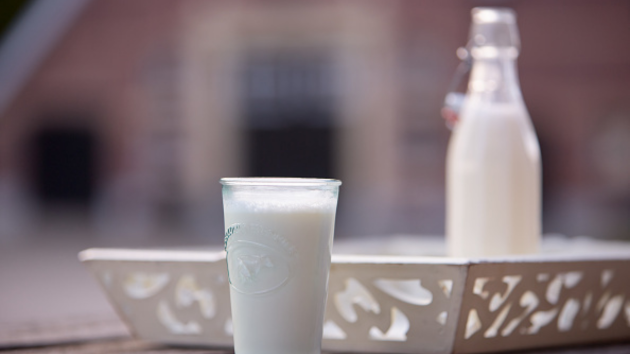Brain Boosting Effects of Food
Written by on July 13, 2023
Food supplies brain boosting effects in various methods. Research is evolving in the spot of nutrients and brain health. Dementia affects twenty four million folks worldwide, based on the Center for the Longevity of the Brain. This statistic points to the demand for methods to retard the progression of age-related cognitive decline, similar to dementia.
Brain Plasticity
One effect of brain boosting food is in the improvement of plasticity in the human brain. Plasticity is the ability of the brain to change with encounters and learning. Brain cell plasticity is maintained as well as improved with omega-3 fatty acids. 30 % of mental cell membranes are made of omega 3 fats, according to the July 2008 “Nature Reviews Neuroscience.” Omega-3 essential fatty acids feature in cellular membranes to transport nutrients which improve brain plasticity. Foods sources of omega-3s are in cold-water fish such as salmon, mackerel, sardines, whitefish, tuna and herring.
Slower Brain Deterioration
The process of getting older causes the brain to age and deteriorate. Parkinson’s disease, buy vyvamind online Alzheimer’s disease and Huntington’s disease are examples of diseases associated with brain deterioration. Certain nutrients disrupt brain deterioration by switching the pathways involving neurotransmitters. Neurotransmitters are chemical substances which allow for interaction between cells. Nutrients also preserve as well as improve membrane fluidity which enhances interaction between cells. Examples of nutrients which come with these attributes are curcumin, copper and omega 3 essential fatty acids, explains the journal “Nature Reviews Neuroscience.”
Protection of Cognition
One influence nutrients have on the mental faculties is in protecting healthy cells. Foods full of antioxidants are the best at providing this benefit. A study in the May 2007 “Journal of Health, Aging” and Nutrition observed 2 antioxidants, E and vitamins C, out of both supplemental and dietary options and their effects on cognition in an elderly population. Their diets and scores on cognitive assessment tests were also studied. The participants in the research with the highest amounts of E and vitamin C in their diet plan scored much higher on the cognition assessments. Vitamins C as well as E are discovered in citrus fruits, olives, nuts, seeds, avocado, asparagus, vegetables, vegetable oils as well as wheat germ. Vitamins C as well as E should come from the diet then and first from supplemental sources if the diet offers not enough amounts.
 Improvement of Memory
Improvement of Memory




